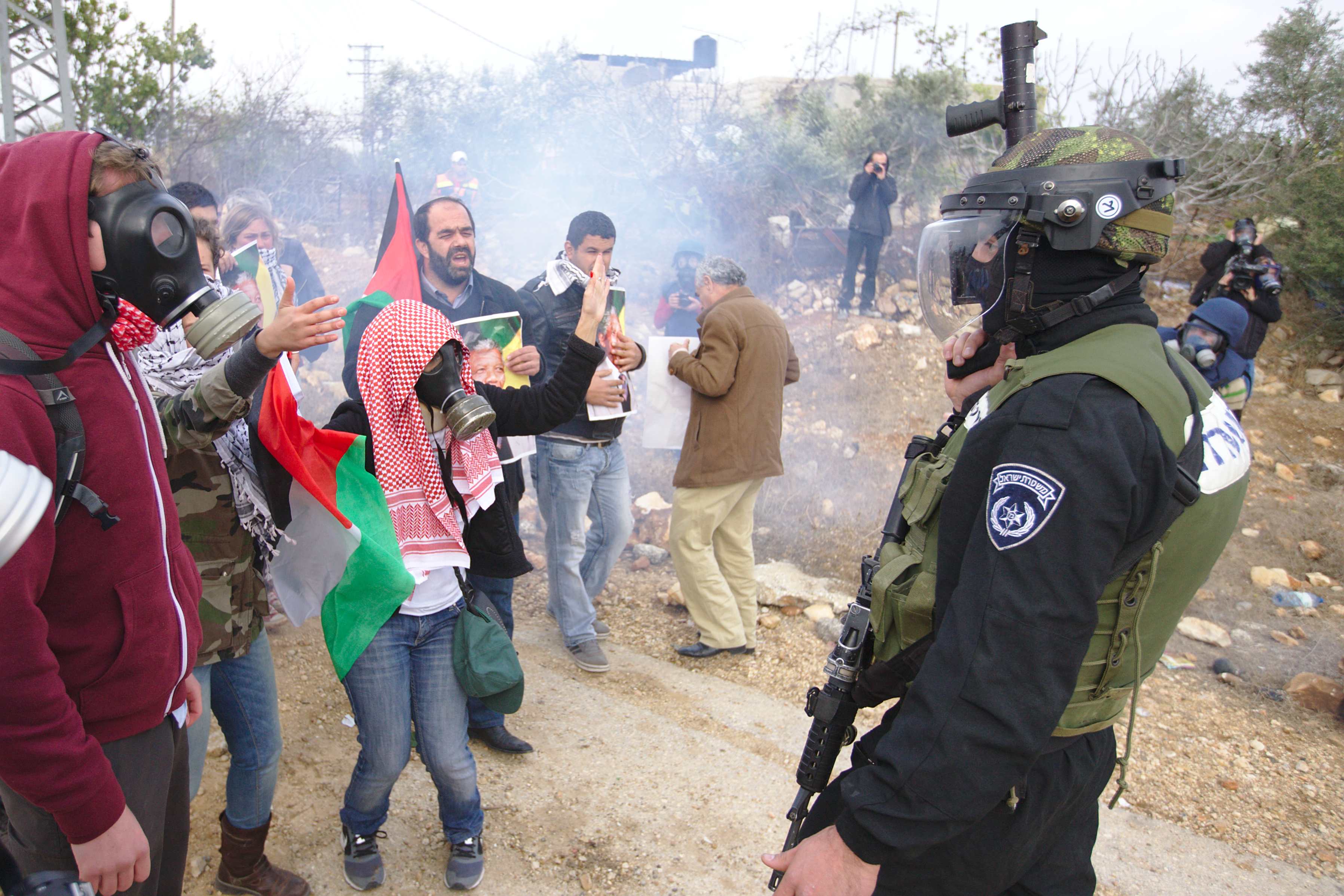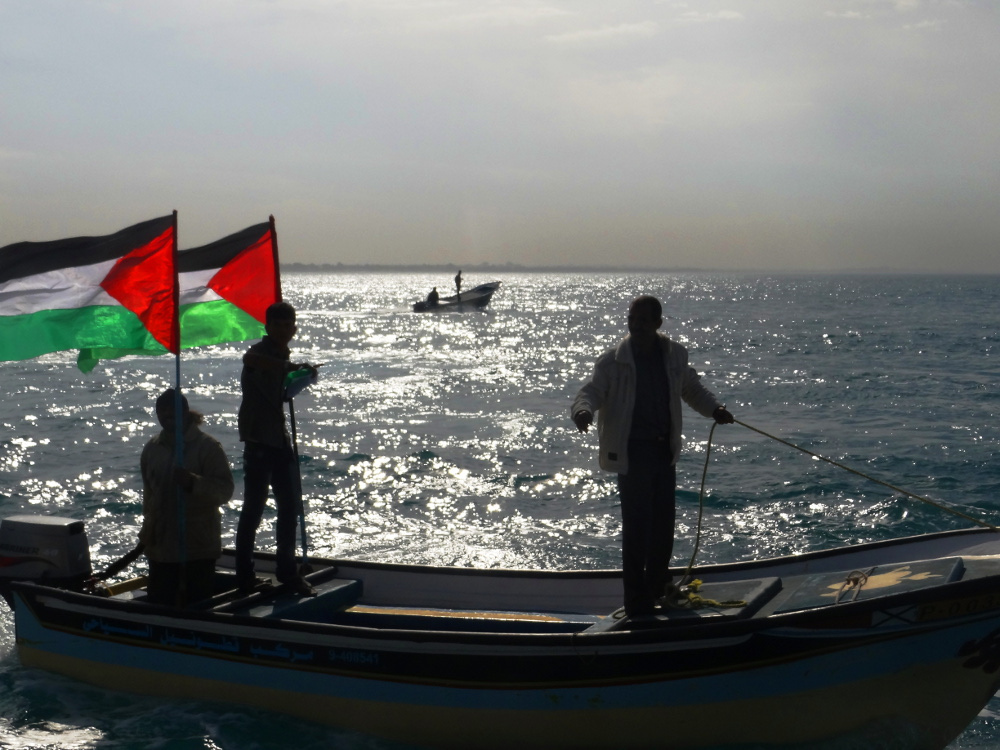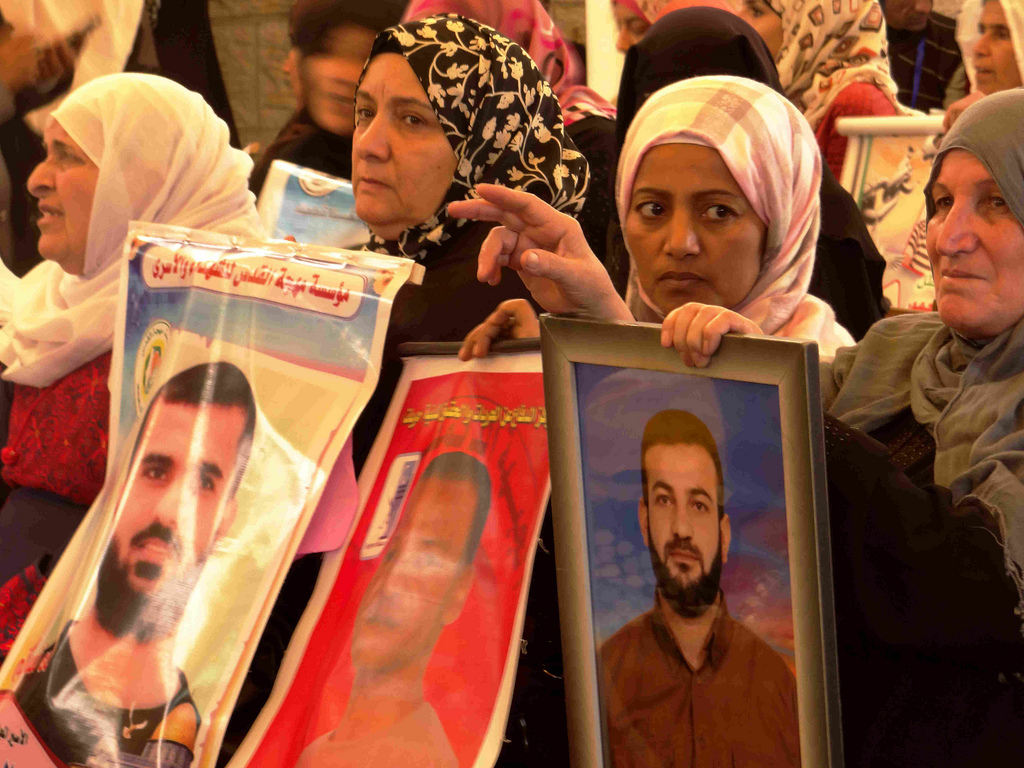Tag: Demonstration
-
Three people detained and several people injured during demonstration in Nabi Saleh
8th December 2013 | International Solidarity Movement | Nabi Saleh, Occupied Palestine Yesterday, the village of Nabi Saleh held an event to commemorate the deaths of Mostafa and Rushdi Tamimi. It is the second year anniversary of the death of Mostafa who was killed during a demonstration. The 7th of December also marks 26 years since…
-
Photos: Palestinian fishermen and activists sail to protest Israel’s siege of Gaza
4th December 2013 | International Solidarity Movement, Charlie Andreasson | Gaza, Occupied Palestine On Monday, 2nd December 2013, 200-250 Palestinians, foreign activists and journalists, many from international media, gathered in the Gaza seaport for a joint action to alert the world about the siege and its consequences for fishermen pursuing their profession. The action resulted from…
-
Photos: Palestinians rally in Gaza Red Cross against Israel’s detentions and Italy ties
3rd December 2013 | International Solidarity Movement, Marco Varasio | Gaza, Occupied Palestine Like every Monday morning, relatives and friends, as well as local and international activists, gathered at the International Committee of the Red Cross in solidarity with the Palestinian political prisoners. The rally started with the protesters chanting slogans, especially about their homeland Palestine…



